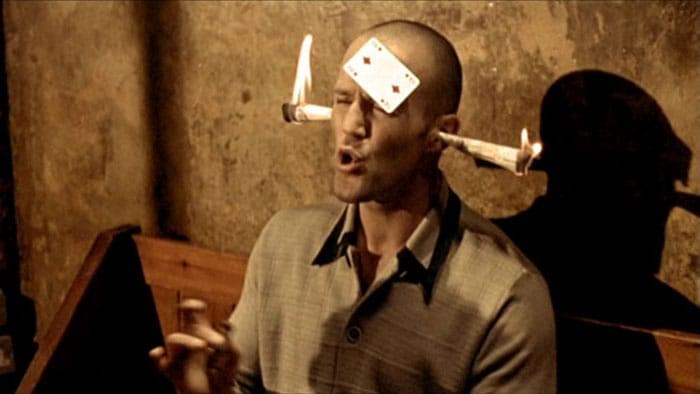
As far as documentaries go, the great thing about the digital cinema boom is that it’s now affordable to run cameras almost 24/7, then figure out what you’ve got later. The downside is that filmmakers with mountains of middling footage feel compelled to share their copious camerawork with the rest of the world. It is from this heap of digital detritus that nonfiction pictures like “The Liberace of Baghdad” spring.
Shot by the BBC’s Sean McAllister over the course of eight months, the movie introduces us to Samir Peter, an Iraqi concert pianist reduced to playing standards in a hotel lounge after the U.S. “liberation” of Iraq decimated that country’s economy. McAllister apparently spent every waking moment of his eight months glued to Peter’s side, undoubtedly sure a meaningful story of some kind would take shape around his congenial companion. It didn’t.
While any window into the perspective of Iraqis is useful at this awful time, Peter comes across as something less than an everyman, so his viewpoint isn’t particularly illuminating. Peter certainly has talent, but he’s also a chain-smoking, moderately articulate dad who casually admits he drove his wife to the U.S. with his coldness and his roving eye. Peter offers no provocative observations about the chaos happening around him, and it’s not as if he’s compelling because he suffered catastrophic loss. With his family and health intact, he seems to be surviving, if not thriving, in the new Iraq.
Unsurprisingly, given its lackluster subject, the movie feels interminable even at 71 minutes. We’re subjected to pointless shots of Peter swimming, drinking, smoking, staring into space, even sleeping. And it’s incredibly frustrating that McAllister repeatedly mentions interesting things happening just beyond his lens. He indicates that journalists are being kidnapped, churches destroyed, and suicide bombs exploded, then never shows anything but glimpses of the aftermath.
McAllister exhibited strong self-preservation skills by staying out of harm’s way during his time in Iraq, but the end result of his strategy is that nothing of note passes before his camera.
The most damning failure of the picture is a lack of any discernible payoff. While it’s heartening to learn that Peter survived the time covered in the film, McAllister doesn’t even bother to present an epigraph detailing his subject’s present welfare. Peter experiences no detectable change in temperament or circumstance, so what’s the point of watching him for an hour and change, only to be left hanging about whether the time we spent with him preceded anything significant? Peter talks at length about wanting to emigrate to the U.S., but we never even learn if he got his long-desired visa.
The only saving graces of the picture are two: It gives voice to the rampant anti-American sentiment in occupied Iraq, and it offers a few fleeting moments of humor. At one point, Peter berates relatives for speaking favorably about Saddam Hussein, barking “Shut up, you idiots! This is going on the BBC!” Had McAllister been as concerned about what future audiences might take from his movie, “The Liberace of Baghdad” might never have seen the light of day.

